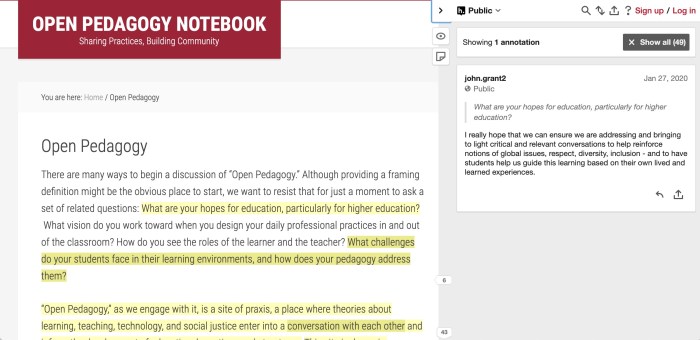Things Fall Apart Socratic Seminar Questions delve into the profound themes and complexities of Chinua Achebe’s seminal work, inviting readers to engage in a nuanced exploration of cultural identity, colonialism, and the clash between tradition and modernity.
This comprehensive guide provides an insightful framework for a Socratic seminar, fostering a deep understanding of the novel’s characters, symbolism, and historical context.
Things Fall Apart Socratic Seminar Questions

This guide provides a framework for exploring the rich themes and characters of Chinua Achebe’s seminal novel, “Things Fall Apart.” It includes thought-provoking questions that encourage critical analysis and foster meaningful discussions.
Cultural Identity
Cultural identity is a central theme in “Things Fall Apart.” Achebe portrays the Igbo people’s deep connection to their traditions, customs, and beliefs. The novel explores the clash between this traditional culture and the arrival of Western colonialism, leading to a profound examination of identity and its transformation.
Colonialism and its Impact
The novel provides a powerful indictment of colonialism and its devastating impact on the Igbo community. Achebe exposes the brutality and exploitation that accompanied European colonization, while also exploring the ways in which it undermined traditional values and social structures.
Gender Roles and Relationships, Things fall apart socratic seminar questions
Gender roles play a significant role in “Things Fall Apart.” Achebe challenges traditional gender norms through the portrayal of strong female characters and the exploration of complex relationships. The novel sheds light on the gender inequalities and power dynamics within Igbo society.
Tradition vs. Modernity
The novel juxtaposes the traditional Igbo way of life with the modern influences introduced by colonialism. Achebe explores the tension between tradition and modernity, examining the challenges and consequences of cultural change.
Symbolism and Motifs
Achebe uses symbolism and motifs throughout the novel to convey deeper meanings and enhance the narrative. From the kola nut to the egwugwu masks, these elements contribute to the novel’s themes and character development.
Narrative Structure and Style
Achebe employs a unique narrative structure and style in “Things Fall Apart.” The novel is narrated from the perspective of an omniscient third-person narrator, providing a comprehensive view of events. Achebe’s use of proverbs and vivid imagery adds depth and authenticity to the narrative.
Characterization and Development
The characters in “Things Fall Apart” are complex and multifaceted. Achebe delves into their motivations, conflicts, and growth throughout the novel. Okonkwo, the protagonist, is a tragic figure who embodies the struggle between tradition and modernity.
FAQ Overview
What is the significance of cultural identity in Things Fall Apart?
Cultural identity is central to the novel, as it explores the clash between traditional Igbo culture and Western colonialism. The novel highlights the importance of preserving cultural heritage while navigating the challenges of modernization.
How does the novel portray the impact of colonialism on the Igbo community?
The novel depicts the devastating effects of colonialism on the Igbo community, including the erosion of traditional values, the disruption of social structures, and the exploitation of resources.
What gender roles and relationships are explored in the novel?
Things Fall Apart challenges traditional gender norms and explores the complexities of relationships. The novel portrays the patriarchal society of the Igbo community and the struggles faced by women and marginalized groups.

